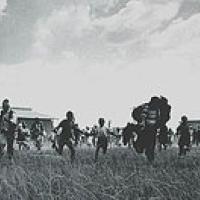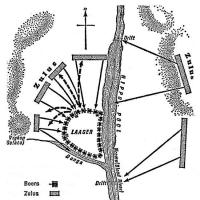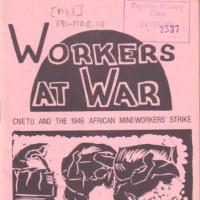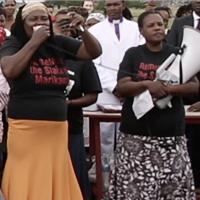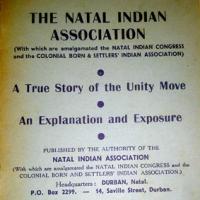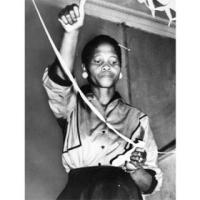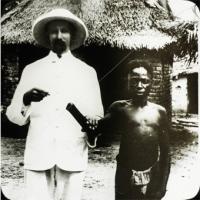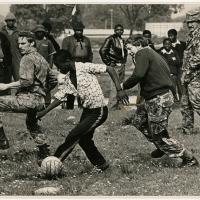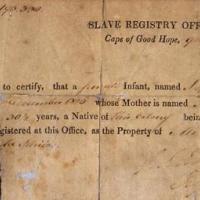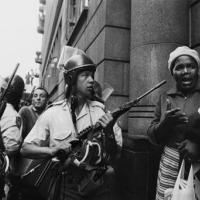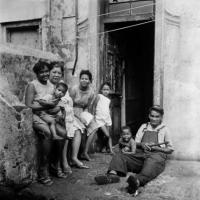Hellenic Football Club, is a South African Association Football Club based these days, in Cape Town. They are nicknamed: "The Greek Gods". Established in 1958 by Greek South Africans. Hellenic competed in the lower amateur leagues, of Cape Town. But by the 1970's they were one of the leading teams in the Country and regularly pulled in crowds of more than 20,000.
Published March 3, 2023Updated October 11, 2023
